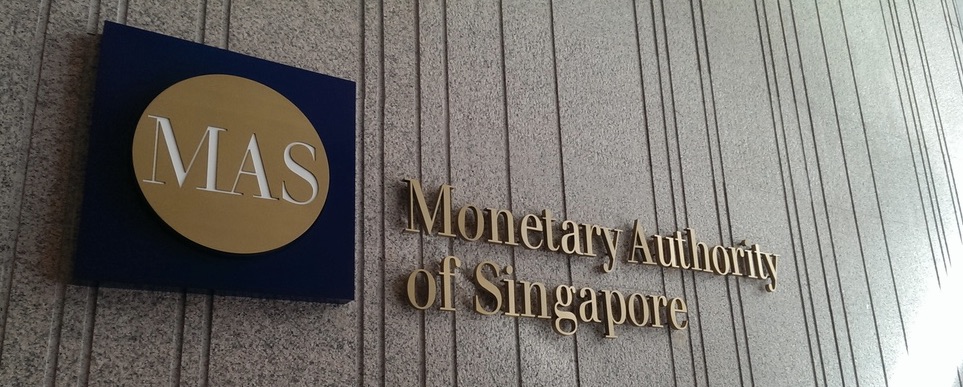The Monetary Authority of Singapore (MAS) will be issuing up to five digital bank licenses by the middle of 2020. As of now, 21 applications have been received by the MAS.
MAS stated on Tuesday (7 Jan) that 14 of these applicants are vying for up to three wholesale bank licenses which are limited to non-retail clients. The remaining seven bids are vying for up to two digital full bank licenses which will allow the winners to serve both corporate and retail customers.
The new digital banks are expected to commence operation by the middle of next year after the successful digital banks are announced in June later this year.
According to MAS, the new digital bank licenses “attracted strong interest from a diverse group of applicants”. The applicants consist of fintechs such payment service providers and crowd-funding platforms, financial institutions, e-commerce firms, and technology and telecommunications companies.
The MAS further added that “the majority of applicants are consortiums, with entities seeking to combine their individual strengths to enhance the digital bank’s value proposition”. Although the MAS has not released any names, there are some consortiums which have joined the bid publicly. These include Jack Ma’s Ant Financial, Grab-Singtel team-up, a group led by Ron Sim’s V3 Group including Singapore Business Federation (SBF), stored-card operator EZ-Link and Far East Organization, as well as the gaming company Razer.
In June 2019, the MAS announced its plan to liberalize the banking sector, which is the biggest agenda of MAS in over two years. Following this, the digital bank application was opened which ended on 31 December last year.
There are several criteria used in selecting the applicants, the central bank added on 7 January (Tuesday). The applications will be judged based on their contributions to Singapore’s financial centres, their innovative use of technology to serve customer needs and value propositions, and their ability to manage a sustainable and prudent digital banking business.
A digital bank is different to a traditional bank in that all banking services such as deposits, loans, debit cards and credit cards are provided and conducted online and there is no physical branch of the bank. As for digital banking, it is merely the online banking services that traditional banks provide through mobile devices and the internet.
However, digital banks are not entirely new. Such banks offer services that differ from traditional banks and at lower costs have been operating in China, the Asia-Pacific region, Japan and South Korea. Taiwan and Hong Kong already issued digital banking licenses in 2019 while Malaysia is looking to receive applicants this year.
More stringent requirements will be imposed for a digital full bank which serves retail customers. A minimum paid-up capital requirement the amount of S$1.5 billion must be met by the licencees. In addition to this, the digital full bank must be controlled by Singaporeans and be based in the country as well.
The licensees require S$100 million capital and can be largely foreign-owned if the digital wholesale bank deals with customers that are limited to small and medium-sized enterprises and other non-retail segments.
Another requirement is that digital bank applicants must provide a five-year projection of the proposed digital bank which reflects some measure of profitability. The time period at which the digital bank breaks even must also be indicated, even if it occurs outside of the five-year projection.
Also, at least one entity with 20 per cent ownership in a consortium should have not less than three-year track record in operating existing e-commerce business and existing technology. In addition to this, applicants should commit to a “clear value proposition” by striving to meet under-served needs with the use of technology.







